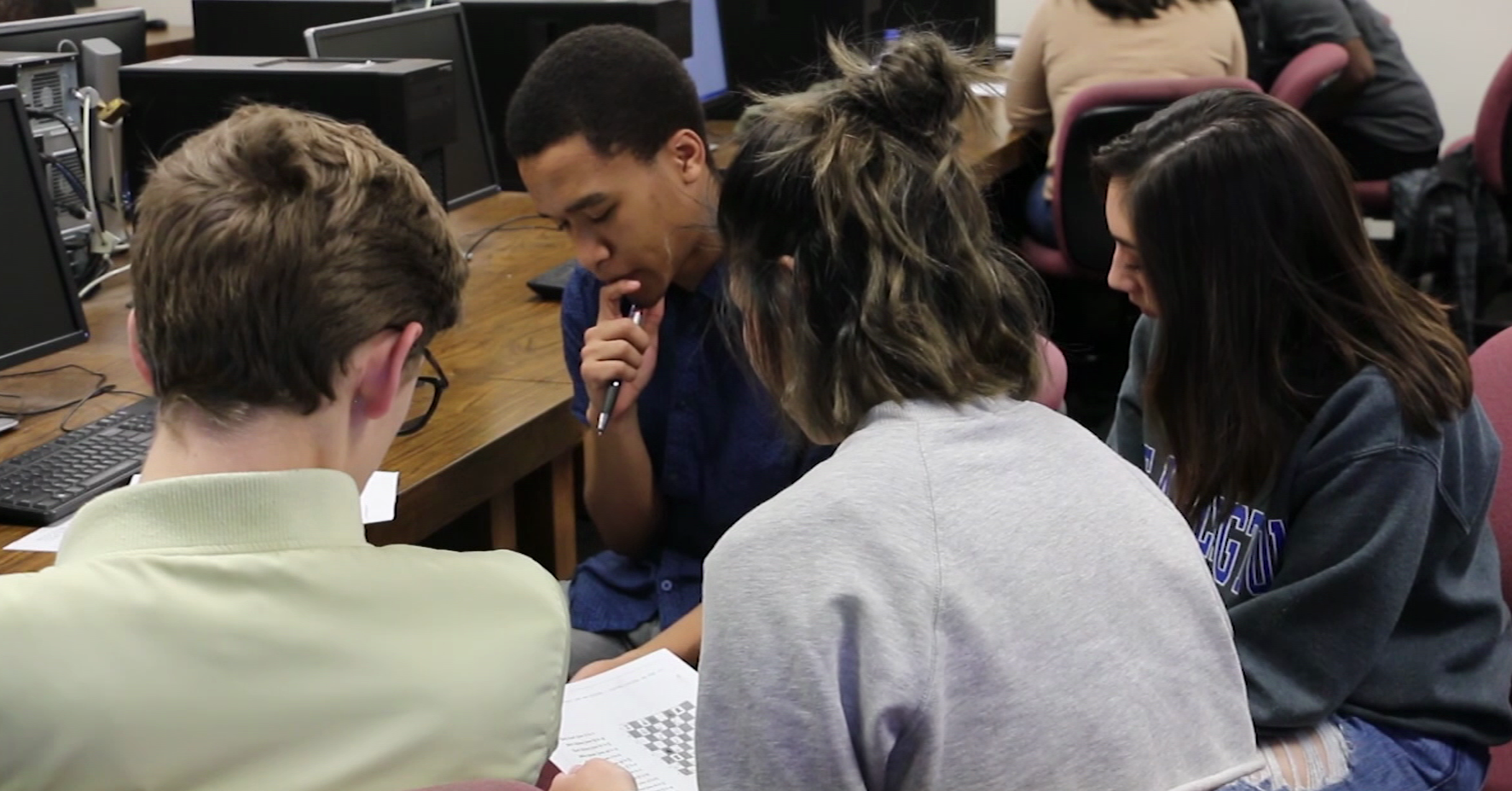Evaluating Yourself and Your Team

As we have seen there are many roles that someone can play in a successful team. It’s not just about leading or following. The following surveys (adapted from Chen et al., 2002; Eby & Dobbins, 1997) may help you understand who you are and some of the strengths and weaknesses of your team.
Evaluating Yourself for Teamwork
Response scale: 1 = Strongly Disagree; 2 = Disagree; 3 = Neither Agree nor Disagree; 4 = Agree; 5 = Strongly Agree.
- I can work very effectively in a team setting.
- I can contribute valuable insight to a team project.
- I can easily facilitate communication between people.
- I am effective at delegating responsibility for tasks.
- I can effectively coordinate tasks and activities of a team.
- I am able to resolve conflicts between individuals effectively.
- I feel I can take on a leadership role in a team and be effective.
- Integrating information and suggestions from individuals into a plan is something I am very good at doing.

Evaluating Your Team
Response scale: 1 = not at all confident; 2 = a little confident; 3 = somewhat confident; 4 = pretty confident; 5 = extremely confident
How confident are you in YOUR TEAM’S ability to do the following actions:
- Successfully coordinate among team members.
- Work together as one unit.
- Successfully follow the team’s game plans.
- Respond appropriately to unexpected situations.
- Maintain the team’s poise, even when things go wrong.
- Perform effectively.
- Communicate well with each other.
- Effectively adjust to any adverse situation.
- Make proper changes in the team’s game plan if necessary.
- Cooperate well with each other.
- Provide moral support for team members.
- Perform better than most other teams.

